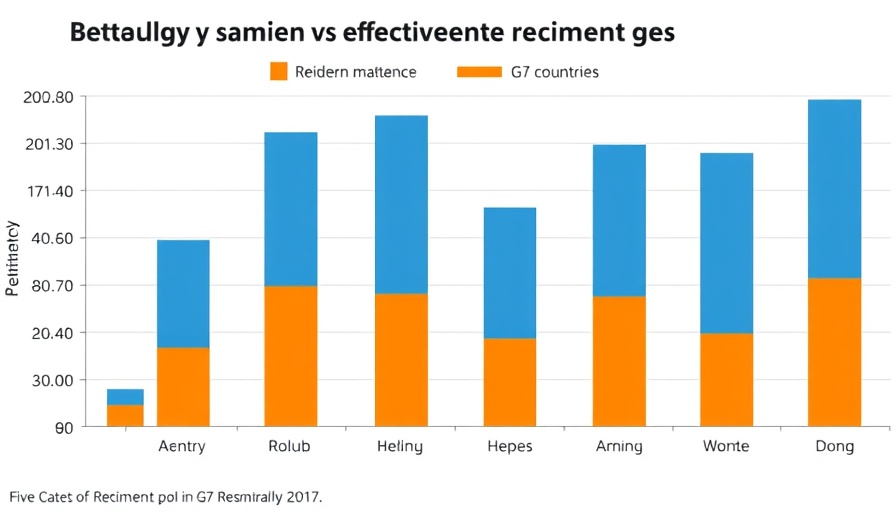
AI's Transformative Role in HR Tech
The landscape of human resources is rapidly being reshaped by the emergence of AI agents, a trend highlighted by the recent announcements from industry leaders like UKG and SAP SuccessFactors. With predictions forecasting a staggering 45% annual growth in this sector over the next five years, organizations are increasingly adopting these tools to enhance productivity and streamline operations.
What Are Agentic AI Solutions?
Agentic AI solutions are designed to handle repetitive tasks that typically drain employees’ time and energy. The recent launch of UKG Bryte agents, for instance, aims to improve payroll accuracy and efficiency across various business sizes. As per Suresh Vittal, UKG’s Chief Product Officer, these agents allow teams to focus on high-impact aspects of their roles, fostering a culture of empowerment and performance.
Evidence of Demand for AI in HR
These innovations represent a direct response to the evolving needs of organizations eager to leverage technology in optimizing their workforce. With UKG's partnership with ServiceNow, the integration of AI capabilities is set to revolutionize the digital employee experience. Similarly, SAP SuccessFactors is gearing up to roll out a performance and goals agent tailored to support people managers with valuable data insights by November.
The Broader Implications for C-Suite Leaders
For Chief Human Resources Officers, Chief People Officers, and VPs of Talent and HR, the integration of these AI tools signifies more than just operational efficiency; it's a fundamental shift towards a more empowered workforce. By facilitating informed decision-making and enhancing employee engagement, these technologies could redefine organizational success. CEOs recognizing the correlation between robust teams and organizational health must take note, as embracing these advances becomes crucial for sustainable growth.
Final Thoughts: Embracing the Future of Work
The introduction of agentic AI marks an exciting yet challenging era for HR professionals. As the industry adapts to these technologies, leaders will need to foster a culture that embraces change, harnesses technology for strategic advantage, and drives employee satisfaction. The future of work will be shaped by those willing to evolve with it.
 Add Row
Add Row  Add
Add 




Write A Comment